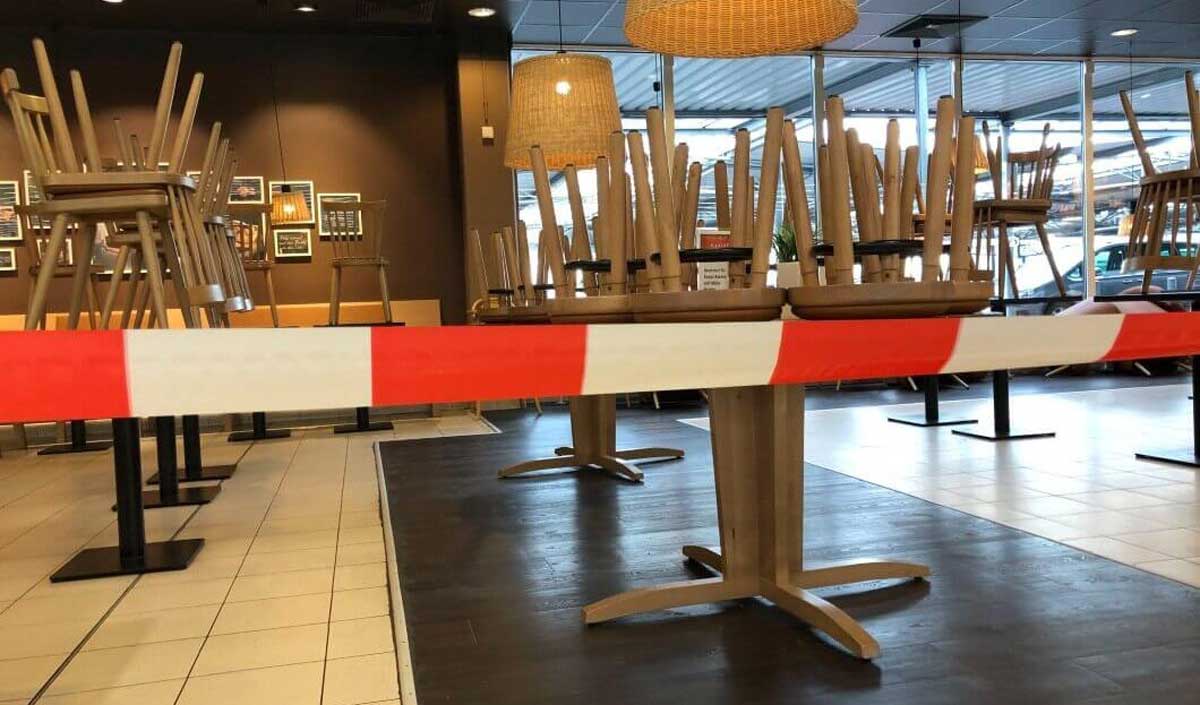In order to fully speed up the hotel recovery process, there are several marketing tips that accommodation companies can put into practice. If they take them into account, they will easily attract guests who start traveling again. Experts believe it is time to prepare for the return of travel. For this reason, here are some tips to help your accommodations attract potential guests. Courtesy of Tourism Review.
1/ Communicate the Flexibility Policy
To increase guest confidence, it is important to communicate exactly what policies the hotel has. The ability to cancel a booking if a guest is unable to travel is a core value that has become indispensable with the advent of Covid-19. Up to 53% of customers feel more comfortable if they have the option to cancel their booking completely and get their money back.
This is especially important for the younger generation. And also for the Hispanic population and Chinese travelers. Therefore, this should not be taken for granted. In other words, the details related to refunds, flexible bookings and date changes should be clearly stated on the site and in the advertisement.
2/ Disinfection protocols
Improving security measures should be mandatory. Guests are interested in security protocols as they have a direct impact on their decision. At least 8 out of 10 travelers make their booking decision based on the hotel’s policy in this regard. Moreover, every second person avoids staying at certain establishments due to health problems.
Of course, it is also necessary to inform about the measures that the institution has taken. Proactive communication through digital channels is a good practice. As for the current protocols, they include the disinfection of premises, the use of masks by staff and guests, room service and contactless check-in.
3/ Reviews are more important than ever
Travelers are 41% more likely to read reviews before making a decision than before the pandemic. 75% of travelers take them into account, especially reviews related to aspects such as the cleanliness of the room or the general condition of the accommodation. That’s why you need to pay attention to these reviews. While it may seem like a hotel has no control over what its guests say online, the reality is quite different. Above all, the hotel should encourage guests to leave reviews by sending them reminder emails or linking to them on guest room cards.
It is important that relevant personnel be available to respond within 24 hours of posting. This shows interest. If the review is negative, it is necessary to respond to it properly in order to improve the reputation. Thank the guest by name, apologize, highlight the changes that will be made, and assess the need for further action, such as contacting the person directly.
4/ Make sure the hotel stands out in search engines
The weight that Internet sources have gained in recent years is undeniable. Guests are looking for information and inspiration before they travel, especially compared to pre-pandemic times. Hence, it is necessary to implement a multi-channel marketing strategy to ensure good brand positioning.
This way, the hotel will be at the top of the list when potential guests search or book a room. For this reason, it’s a good idea to submit your products on multiple OTA platforms as people go to different sources to collect all the information they think is important. In other words, the message that is triggered on all channels needs to be consistent in order for it to be consistent.
5/ Create promotions for each goal
To personalize a message for each target audience, you need to know their interests. In this way, special promotions can be created to meet their travel requirements. Of course, there are also general requirements, which we have already mentioned, related to flexibility and hygiene.
In addition, each generation has its own characteristics. Young people are more optimistic about the future of travel. They expect amenities to be at the same level as before the pandemic. In short, in order to attract Millennials (1981 – 1995) and Generation Z (1996 – 2010), it is interesting to offer promotions that offer the opportunity to work or study remotely. At the same time, they are interested in regions with low tourism volume.
As for Generation X (1965 – 1980) and Baby Boomers (1946 – 1964), they are looking for a change of scenery. Hence, they can be attracted by the stunning scenery and outdoor recreation. At the same time, those born before 1946 want a family vacation with age-appropriate living conditions.

